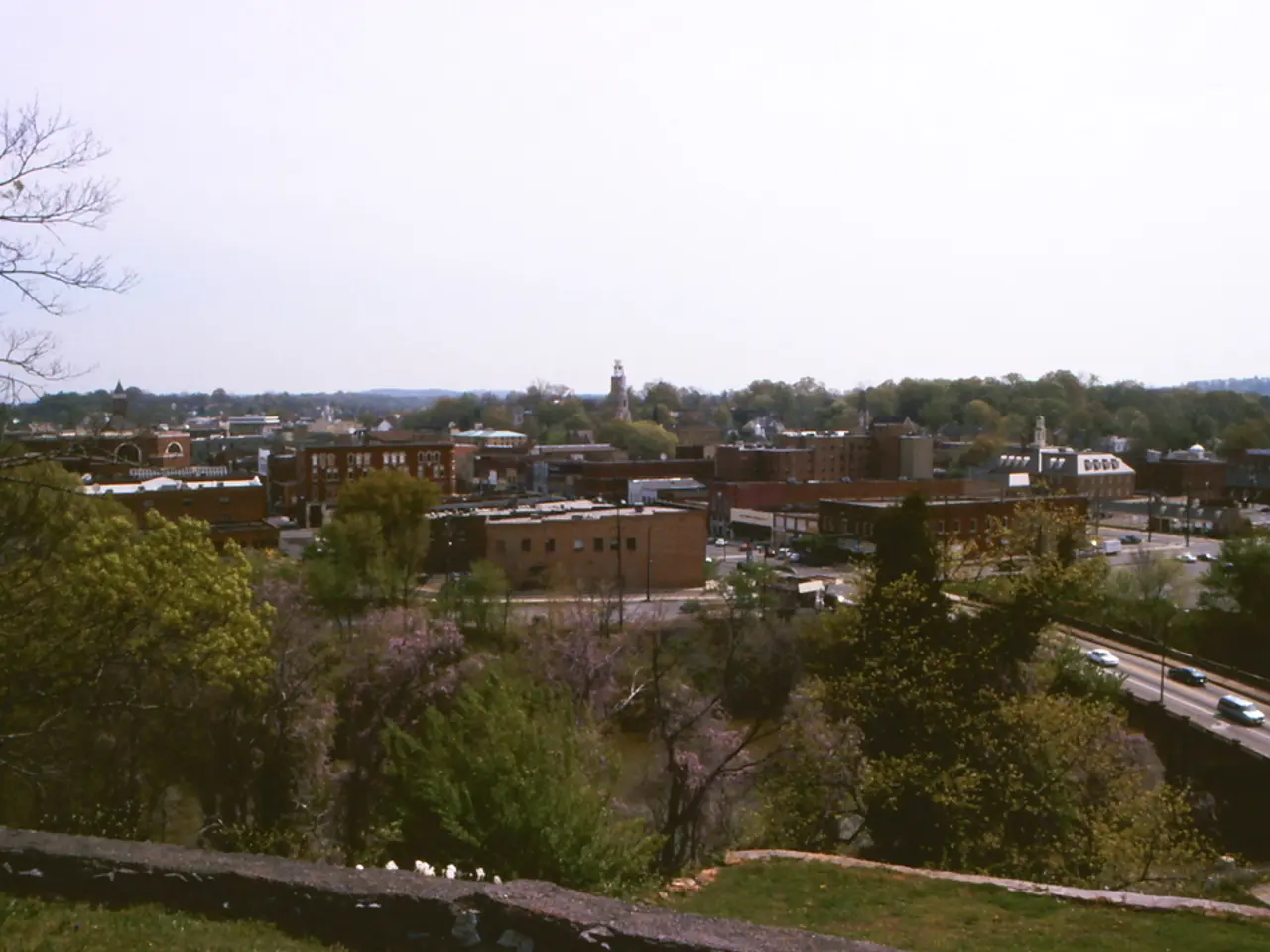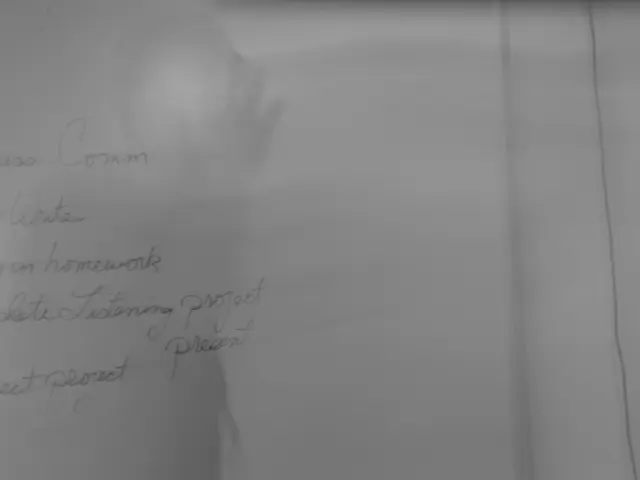Crossing boundaries and purposes revealed on September 14th.
Wuppertal's Municipal Election: A Comprehensive Overview
The municipal election in Wuppertal, governed by North Rhine-Westphalia's local election laws, is set to take place on September 14. Eligible voters include residents who are citizens of Germany or other European Union countries, as well as those with foreign citizenship or naturalization in Germany for at least one year and residing in Wuppertal.
The election encompasses several key bodies and roles:
- Mayor (Oberbürgermeister): The mayor, directly elected by the citizens, acts as the head of the city administration and represents the city externally. The mayor has executive powers in the municipal government and is often the chairperson of the city council.
- City Council (Stadtrat): The city council, elected via a proportional representation system, functions as the legislative body deciding on municipal affairs, budget, and policies. Council members represent the city’s interests and oversee the administration, including controlling the mayor's policies.
- District Councils (Bezirksvertretungen): Wuppertal is subdivided into ten districts, each with its own council. District councils handle local concerns more specific than the city council and serve an advisory role, representing their district's interests and facilitating communication between residents and the city administration.
- Integration Committee (Integrationsrat): This committee, elected by residents of foreign origin, represents the interests of immigrants and advises on matters pertaining to integration and social cohesion within the city.
The municipal election occurs every five years, with voters able to cast votes for the city council and mayor, and eligible foreign residents voting for the integration committee. The district councils are also elected simultaneously.
The City Council is composed of 80 members, elected through a proportional system, where the share of votes determines the distribution of seats. The City Council consists of 33 electoral districts and party lists. Initial seats are filled by direct candidates, with the rest filled via party lists.
The District Councils are composed of 15-19 members determined by proportional representation. Approximately 100,000 people are eligible to vote in the Integration Committee.
Voting notifications, providing details about the polling station address and postal voting application process, should be in eligible voters' mailboxes by August 24. If no Mayor candidate receives more than 50% of the votes in the first round, a runoff election will be held between the top two candidates, with a simple majority required to win.
Members of the City Council work on an honorary basis and only receive a flat-rate allowance for their work. The members of the City Council meet regularly in committees and sessions to decide on matters such as budget allocation for construction projects. The District Councils primarily deal with local matters like traffic issues, school equipment, and sports facilities.
The current City Council consists of 80 members. The District Councils are elected simultaneously with the City Council and Mayor. The Mayor is the head of the city administration, council chairman, and city representative.
This structure ensures broad participation from citizens and residents while facilitating local governance on both city-wide and district levels, plus inclusion of diverse communities via the integration committee.
- The municipal election in Wuppertal, governed by North Rhine-Westphalia's local election laws, includes voting for the City Council, a legislative body deciding on municipal affairs, policies, and budget, as well as for the Mayor, who represents the city externally and is also the head of the city administration.
- The electoral process for the Integration Committee, which represents the interests of immigrants and advises on matters pertaining to integration and social cohesion within the city, is open to eligible foreign residents, making it a crucial aspect of policy-and-legislation and politics within the city's general news.







